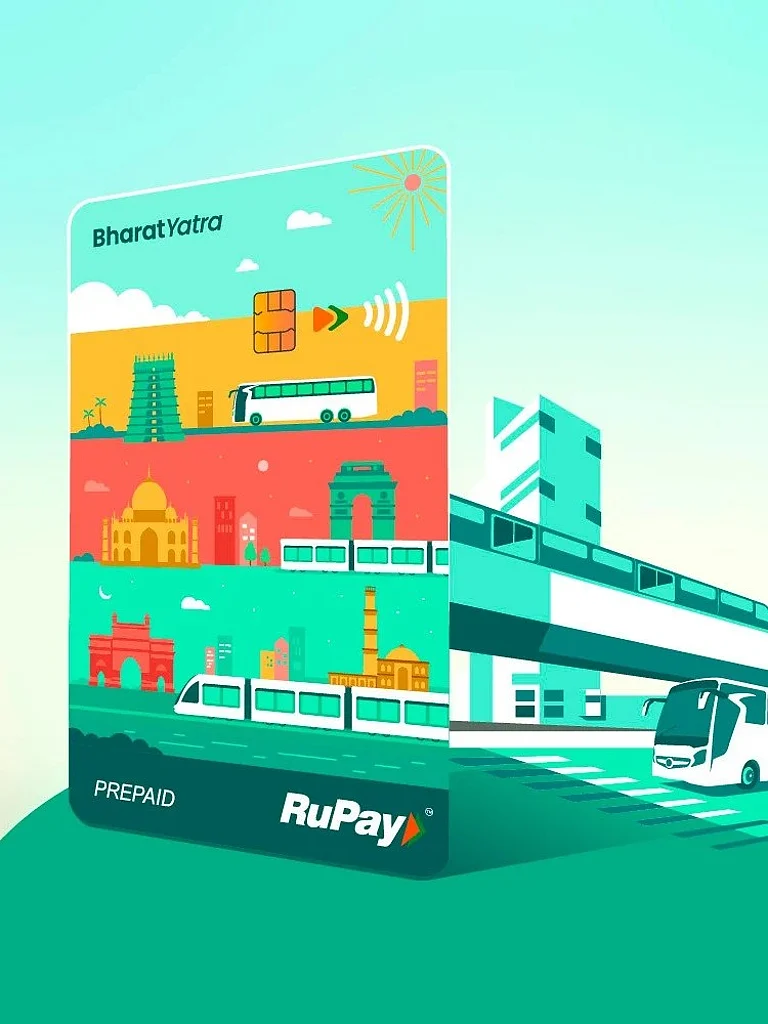Dunzo, once crowned among the most eagerly awaited ventures, now finds itself lost in a storm of hurdles. Layoffs, senior-level departures, an abrupt pivot, and a worrisome revenue-to-expense ratio have cast a shadow over the company. Adding to the uncertainty is the absence of a clear CFO.
The advent of Dunzo into transitioning the Indian delivery sphere now appears to be taking an unexpected downturn, leaving industry watchers and stakeholders on edge about its future.
Losing the financial game
Contrary to the positive financial image emerging among several Indian startups focused on product/service innovation, Dunzo is yet to mirror the trend. In fact, financials seem to be a lost game for Dunzo as the firm incurred a loss of Rs 1800 crore in FY23 with revenue (from operations) standing at a mere Rs 226 crore. In FY22, Dunzo registered a loss of Rs 464 crore, despite operating revenue amounting to just Rs 54.3 crore.
In FY23, Dunzo's total expenses skyrocketed to Rs 2,054 crore, a significant increase from FY22, primarily driven by a surge in advertising spending. However, that didn't save the company from incurring a trail of losses either. While the pandemic did help the firm present a strong image of hope on the investor table, Dunzo failed to convert the optimism into financial stability.
Adding fuel to the fire was the unstable state of company operations resulting from delayed salaries, strikes by delivery agents and the closure of some dark stores.
Dark stores often refer to special warehouses that pack and send out online grocery/other essential orders quickly.
In search of Profits in High-Stake Ventures
Despite receiving a significant $240 million investment from Reliance Retail in January 2022, Dunzo was not able to manage its operating expenses and had to resort to layoffs. The trend of layoffs persisted into 2023 as well, making the situation even worse.
Presently, Dunzo is owned 25.8 per cent by Reliance Retail, and Google holds just below 20 per cent.
The firm failed to get an edge in the competitive space as well. Looking at competitor performance, Zomato's Q2 FY24 report highlights Blinkit's contribution of Rs 505 crore to the total revenue of Rs 2,828 crore. In August, Zepto achieved unicorn status, with FY23 revenue soaring 14X to Rs 2024 crore, as per Entrackr.
Dunzo revamped its business approach by shutting its dark stores and pivoting toward the B2B sector, however, the storm didn't seem to change its way as challenges continued to loom for the startup.
Keen. Not so keen.
Undoubtedly, Dunzo executed a remarkable marketing play, yet its adeptness in advertising may not be sufficient to rescue the company from looming crises on the horizon. The transition to the B2B segment was anticipated to curtail losses however, it became evident that the company had arrived at the scene belatedly, diminishing the effectiveness of the shift.
Strong competitors like Zepto and Blinkit dominate a significant portion of the market among the customer base. The impending influence of ONDC adds to the challenges. Customer loyalty, often driven by repeated service use, faces hurdles as not everyone requires personalised local delivery for mere items every day.
As for investors, the image seems quite puzzling as the continuous trail of losses didn't stop the company from raising money in 19 funding rounds, excluding debts.
Recently, Deloitte had raised concerns about Dunzo's growth prospects, citing issues with liabilities exceeding current assets and escalating operational costs.
"The group's ability to continue as a going concern is significantly dependent on the availability of additional funding, and improvement in business operations," Deloitte had said in a report.
The hyperlocal logistics firm's fundamentals continue to stand in a state of uncertainty for now.































